In the world of firearms, proficiency is not a static quality: it is dynamic, evolving and perishable. There is a clear distinction between those who invest time and effort in continuous training and those who merely possess firearms but fail to maintain or develop their skills. The difference between these two types of shooters is not just in technical ability but in mindset, gun handling, safety and real-world readiness.
Firearm proficiency is not a one-time achievement; it requires ongoing practice to maintain and improve. The skill sets required to be an effective and responsible shooter—gun handling, marksmanship, situational awareness, and decision-making under pressure—are highly perishable. Much like athletes or musicians, shooters who do not engage in regular practice will see their skills diminish over time.
This degradation is not merely hypothetical. Studies on motor skill retention indicate that even well-learned physical tasks deteriorate when they are not practiced. For shooters, this can result in slower reaction times, reduced accuracy and poor judgment during high-stress situations. For defensive shooters, this decline in proficiency can have life-or-death consequences. Without consistent training, the physical and mental capacity required to operate a firearm efficiently in stressful or emergency situations deteriorates. In contrast, those who train regularly keep their skills sharp.
One of the most significant benefits of consistent firearms training is an enhanced focus on safety. Those who train regularly develop safe-handling habits that become second nature. From muzzle discipline to trigger control, trained shooters internalize the rules of safe gun handling, reducing the likelihood of negligent discharges. In contrast, shooters who do not train may become complacent or careless, leading to potentially dangerous situations.
Stay Cool Under Fire
Training conditions shooters to remain calm and composed under pressure. Whether facing a competitive shooting event or a life-threatening encounter, individuals who train regularly develop the ability to think clearly and make sound decisions. Training builds not just physical skill but also mental resilience. In high-stress situations, trained shooters rely on their experience and preparation, allowing them to assess the situation, make quick decisions and act with precision. Those who do not train are far more likely to panic, hesitate or make poor choices when it matters most.
Training enhances a shooter’s ability to solve complex problems in dynamic situations. In real-world self-defense scenarios, the decision to engage or disengage is paramount to marksmanship. Professional instructors teach shooters to evaluate their surroundings, assess potential threats and make split-second decisions. This decision-making process, honed through regular practice, is what sets trained shooters apart from those who simply own a firearm. Untrained shooters may focus solely on the mechanical aspects of shooting, without considering the tactical or legal implications of their actions.
Regular training cultivates a disciplined mindset that extends beyond the shooting range. Trained shooters are more likely to adopt a growth-oriented attitude, always seeking to refine their skills and expand their knowledge. Shooters who do not train, on the other hand, may become complacent, overestimating their abilities and underestimating the complexity of real-world encounters. Some individuals prefer to train on their own, either solo or with a trusted partner, while others seek out professional instruction to improve their skills. Both approaches offer unique advantages and the choice often depends on the individual’s goals, experience level, and access to resources.
Solo training allows shooters to develop skills at their own pace, focusing on specific areas of improvement. Dry firing, target shooting and practicing drills on the range can all be done independently. Shooters who train solo often develop a deeper relationship with their firearm, becoming intimately familiar with its mechanics, recoil, and trigger. However, solo training also has limitations. Without external feedback, it’s easy to develop bad habits or overlook critical areas of improvement. Self-taught shooters may plateau, failing to advance beyond a certain level of proficiency.
Training with a partner adds an element of accountability and feedback that solo practice often lacks. A training partner can provide constructive criticism, point out mistakes and challenge the shooter to improve. Partner drills, such as team-based tactics or competitive exercises, introduce new layers of complexity that enhance problem-solving and communication skills.
Seek Help
For those seeking to maximize their potential, professional instruction offers unparalleled benefits. Professional instructors, whether at established brick-and-mortar schools or through traveling courses, bring a wealth of knowledge and experience that can dramatically accelerate a shooter’s development. Instructors can identify weaknesses, tailor training to individual needs and introduce advanced concepts that might be difficult to learn independently. Moreover, professional courses often simulate real-world scenarios, teaching shooters to apply their skills under stress.
The rise of digital platforms has made firearms training more accessible than ever before. Online courses, videos and training programs allow shooters to learn from experts without leaving their homes. While online training cannot replace hands-on experience, it can serve as a valuable supplement to range time. Shooters can study techniques, drills and tactics, applying what they learn in their own practice sessions.
While training provides a clear path to improvement, safety and readiness, the absence of training can lead to dangerous consequences. Untrained shooters may overestimate their abilities, believing that owning a firearm is enough to protect themselves or others. This false sense of confidence can lead to reckless behavior, poor decision-making and avoidable negligence. Untrained shooters are often unprepared for the realities of a defensive encounter. They may struggle to operate their firearm effectively under stress, make critical mistakes or fail to follow requisite legal and ethical guidelines. In the worst-case scenario, this lack of preparation could lead to disastrous results.
The commitment to ongoing skill development is what separates the proficient shooter from the novice. In the end, training is not an option—it is a necessity and ultimately the path to mastery.
Read the full article here



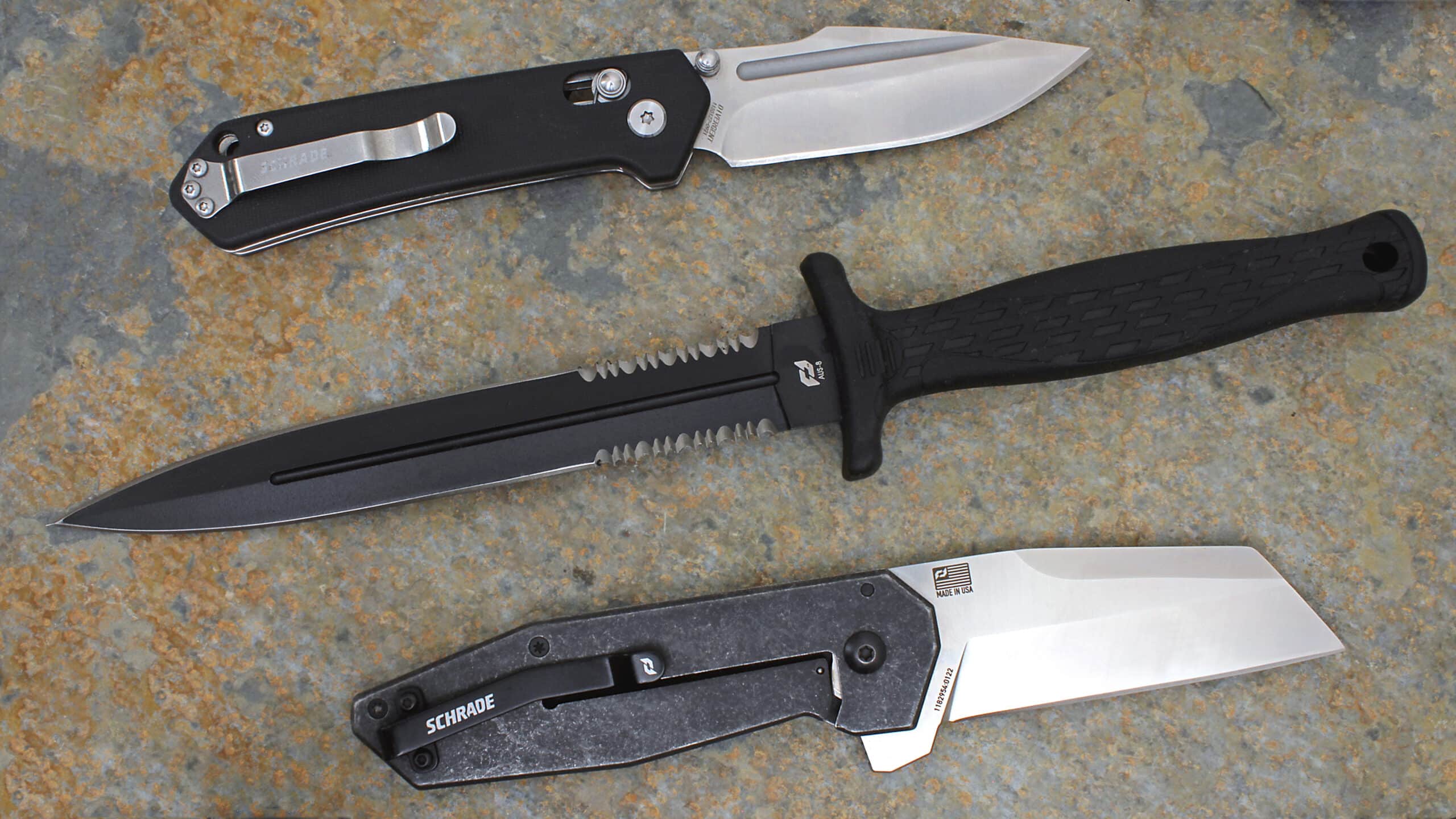




![KE Arms Shotgun Picatinny Stock Adapter [FIRST LOOK] KE Arms Shotgun Picatinny Stock Adapter [FIRST LOOK]](https://www.recoilweb.com/wp-content/uploads/2025/01/KE-Arms-Shotty-3.jpg)
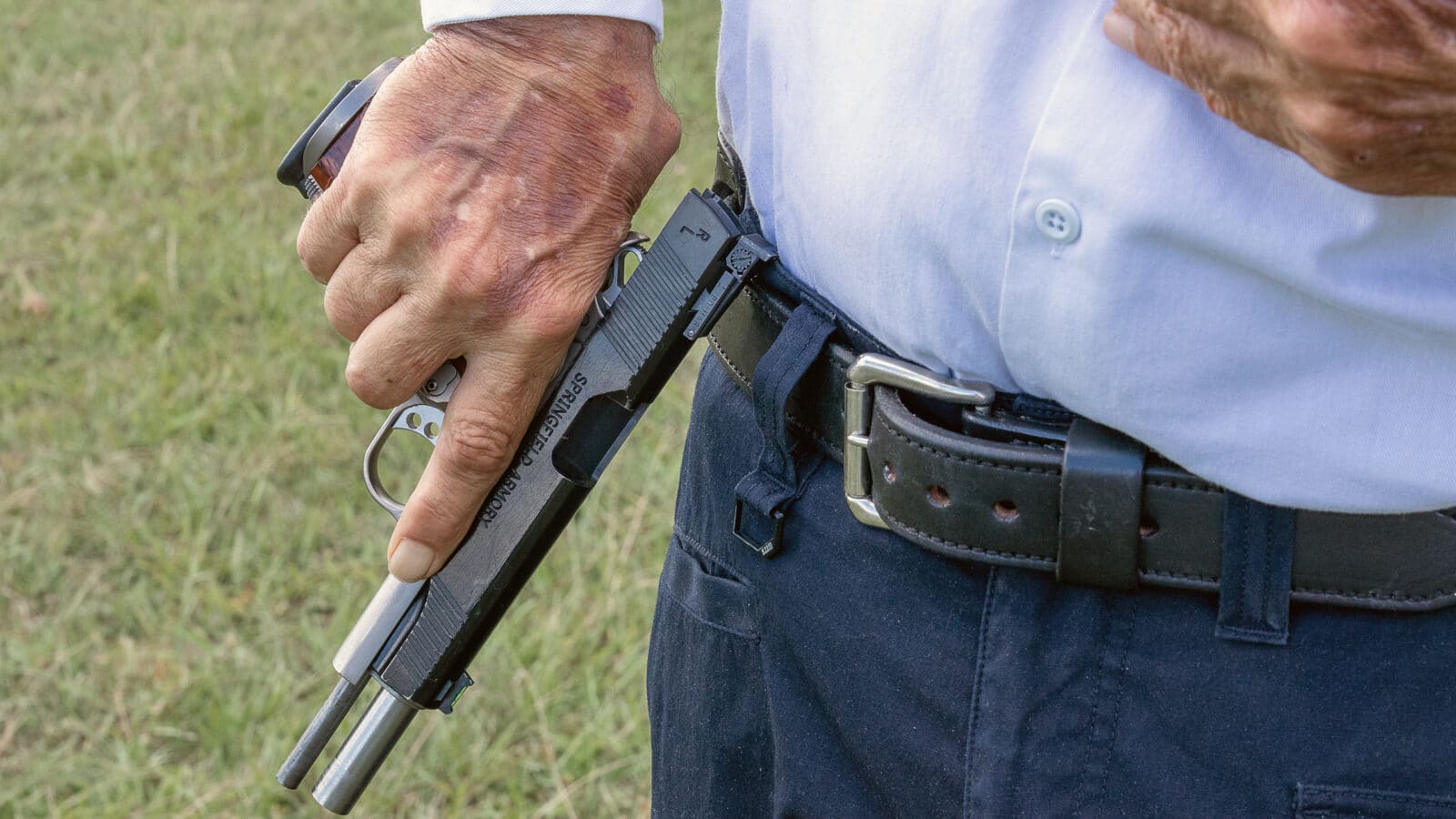
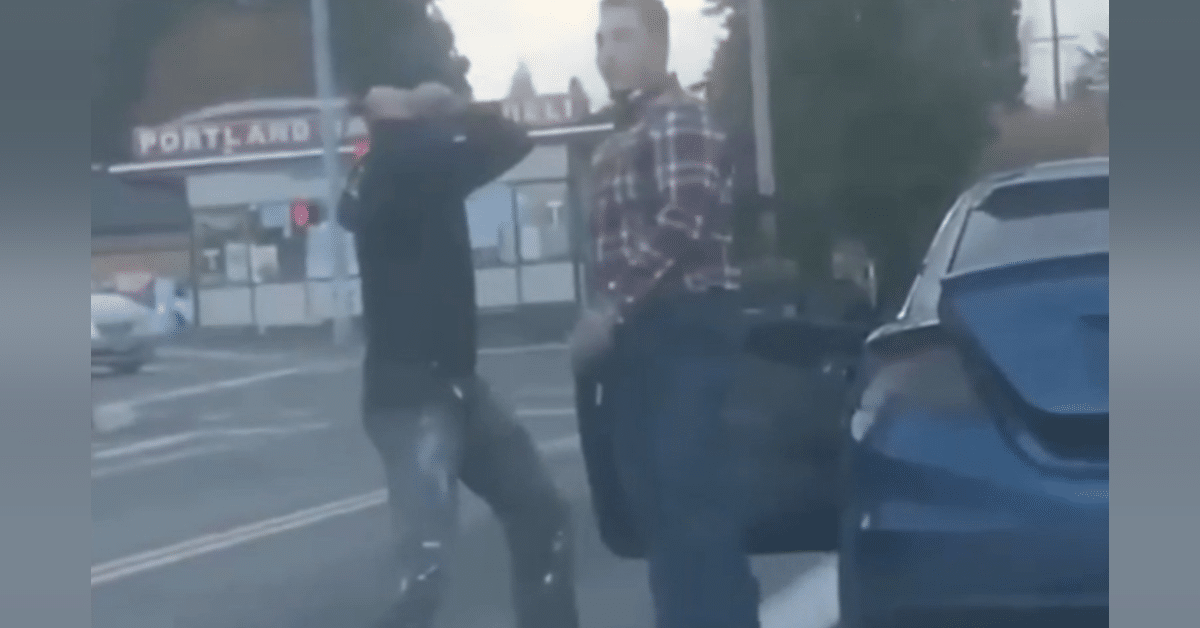

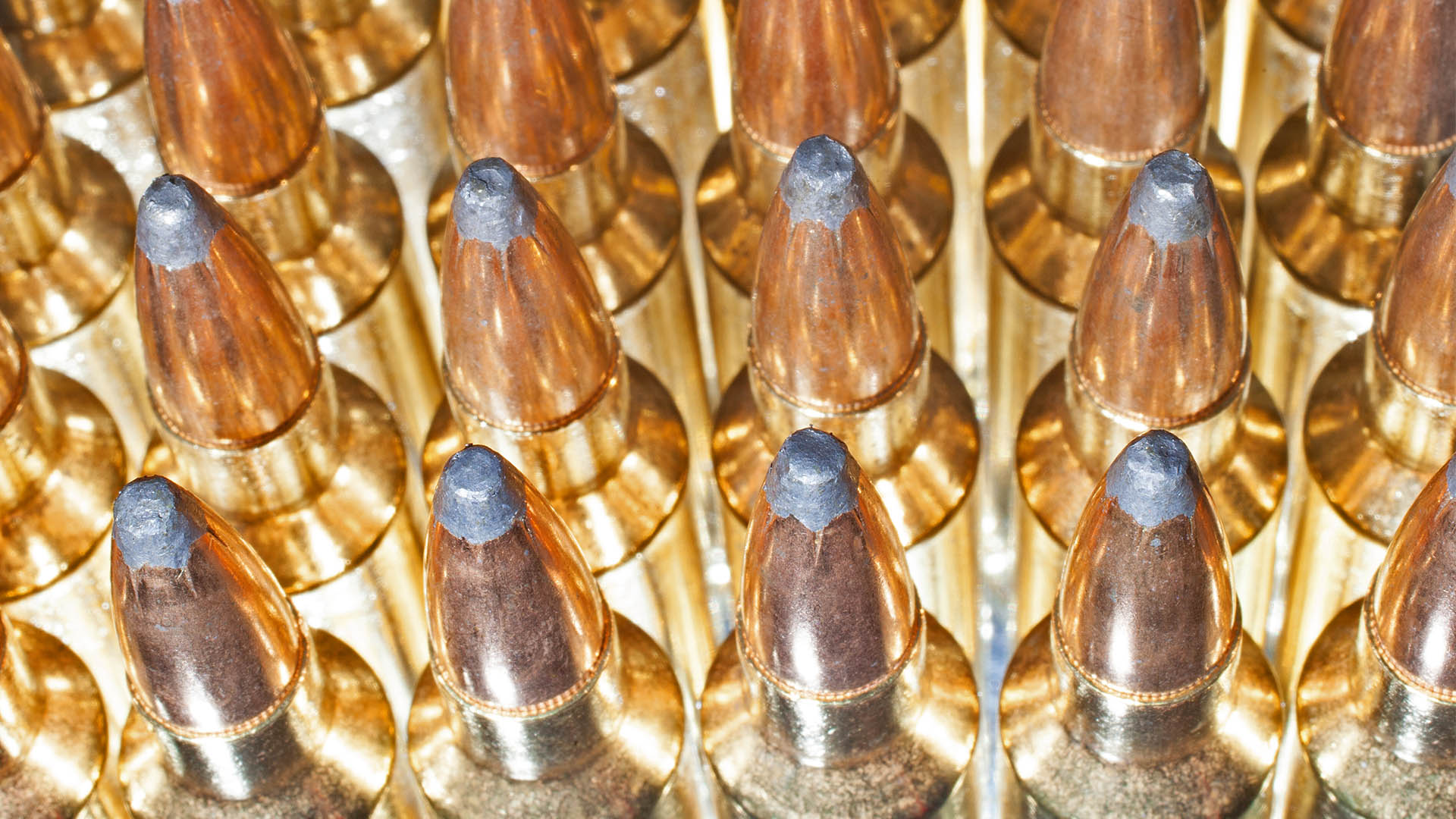
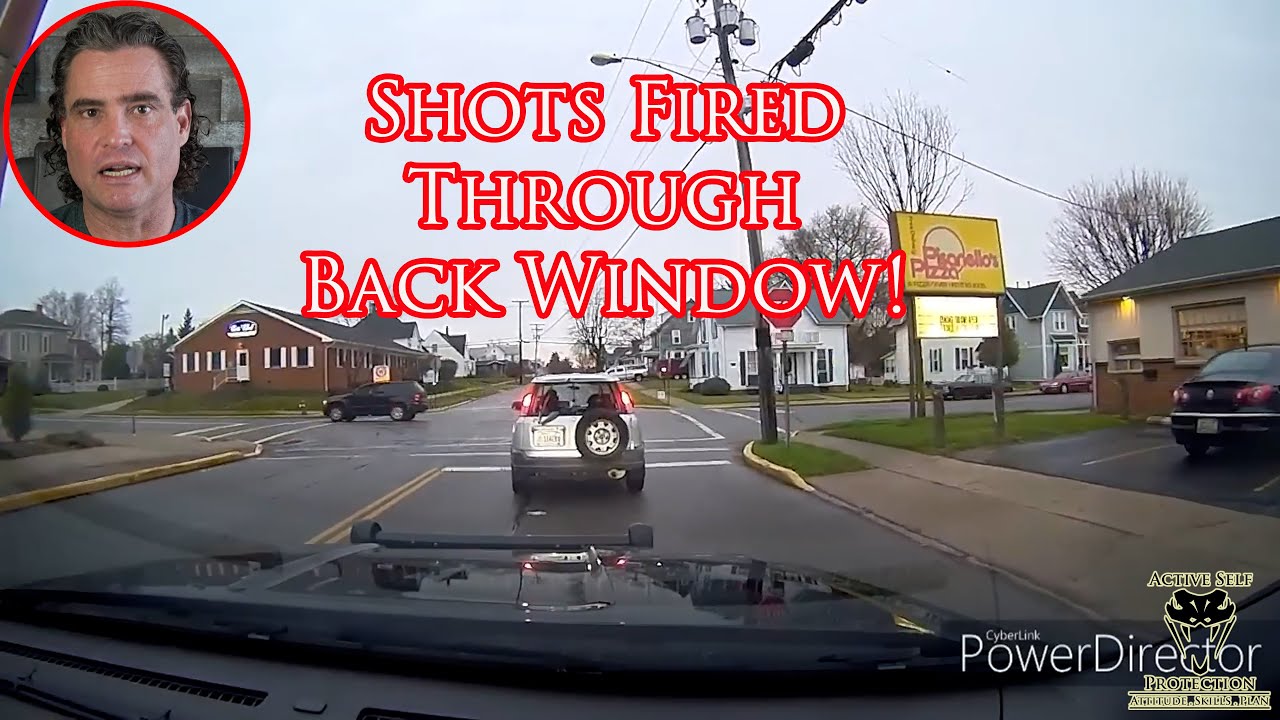

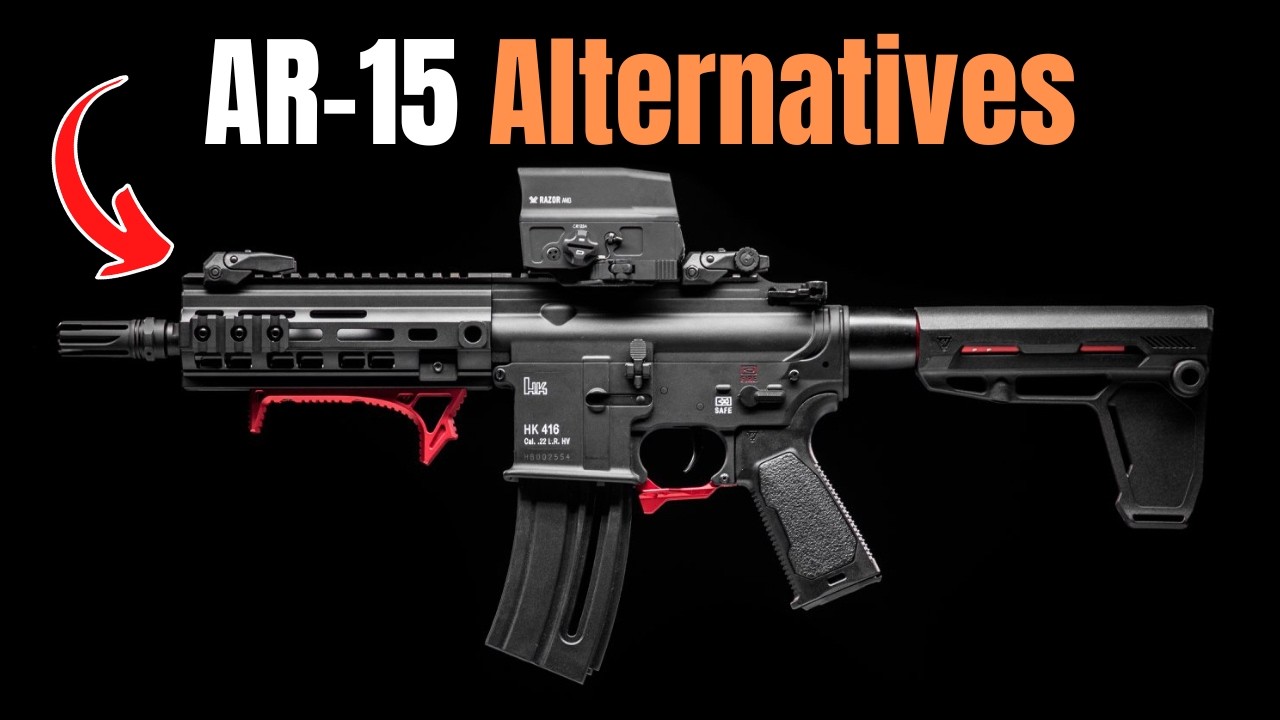
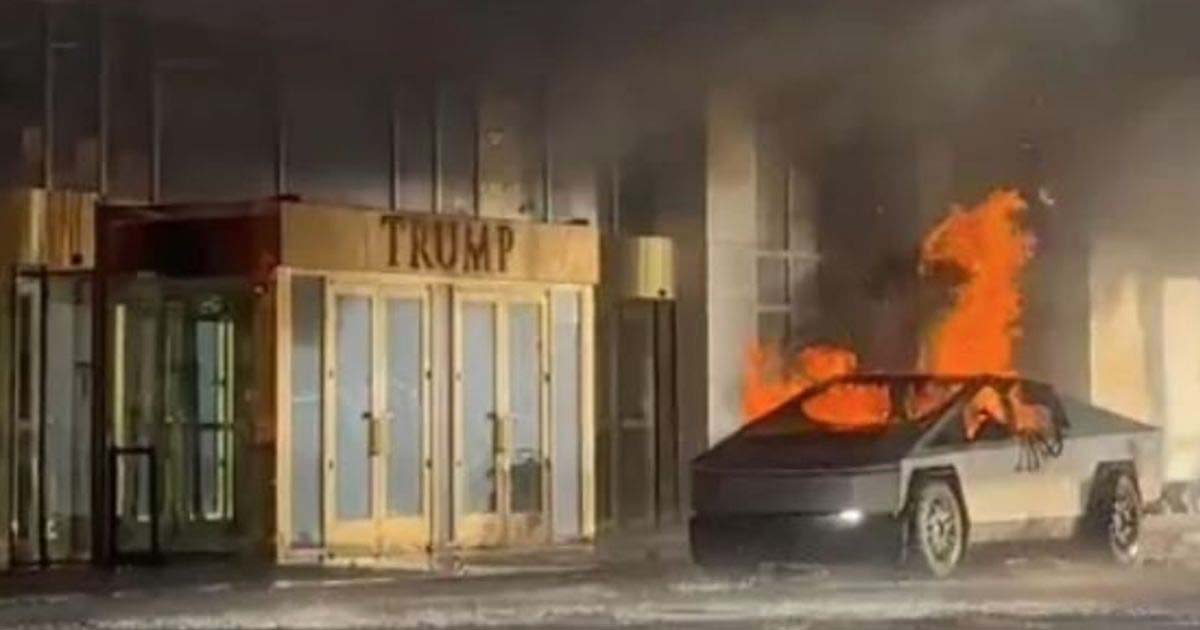

Leave a Reply